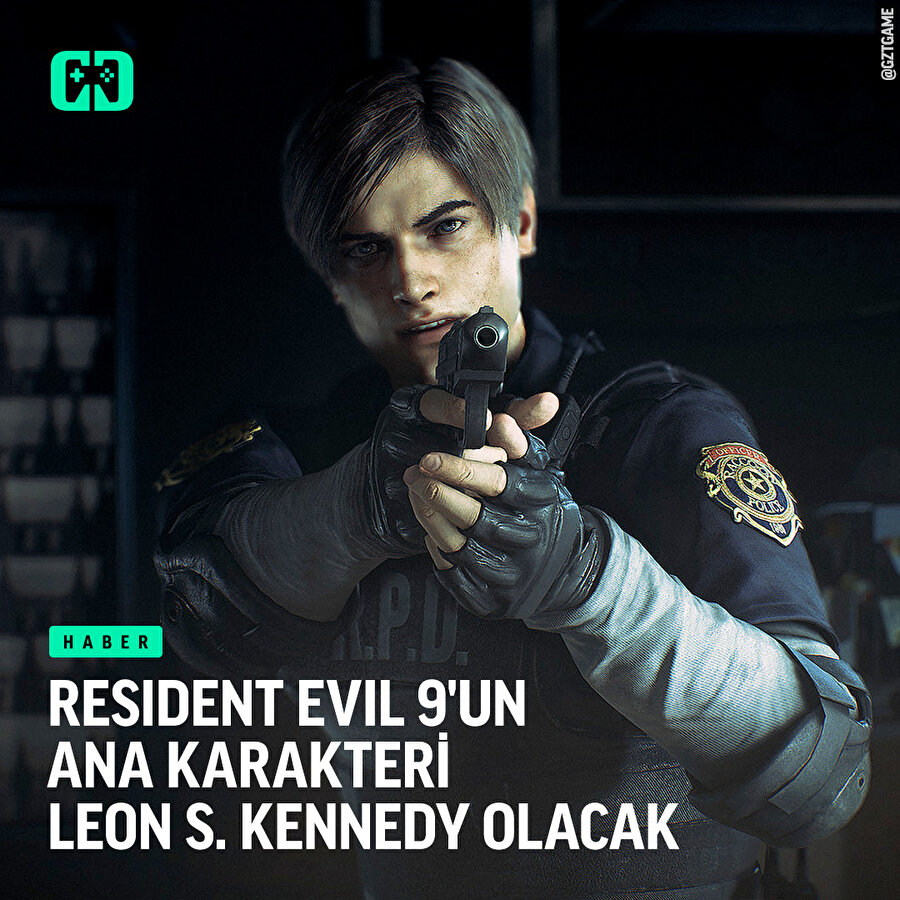Is Your Child Afraid Of The Love Monster? Practical Parenting Tips

Table of Contents
Understanding Your Child's Fear of the Love Monster (or Other Monsters)
Identifying the Root Cause
Monster fears, whether of a traditional scary monster or a "love monster," stem from various sources. Understanding the root cause is crucial in addressing the fear effectively. Common reasons include:
- Darkness: The unknown and unseen aspects of darkness can fuel a child's imagination, making monsters seem more real.
- Separation Anxiety: Fear of being alone at night can manifest as a fear of monsters, representing a symbolic threat.
- Imagination: A child's vivid imagination, while a wonderful asset, can sometimes create frightening scenarios, including monstrous figures.
- Developmental Stage: Fears are often tied to developmental stages. Younger children (2-4 years old) might fear monsters more intensely due to limited cognitive abilities to distinguish fantasy from reality. Older children (5-7 years) may still grapple with these fears, but the reasons might be more complex, possibly involving anxieties about school or social situations.
The difference between a "love monster" and a typical scary monster lies in the perceived intent. While a traditional monster is inherently threatening, a "love monster" might be portrayed as friendly but still evokes fear because of its unusual appearance or unexpected behavior. Addressing the fear of a "love monster" might require a different approach than tackling the fear of a classic, scary monster. You need to acknowledge the paradox of a friendly creature causing fear.
Recognizing the Signs
Recognizing your child's fear is the first step towards helping them. Signs of monster fear can include:
- Behavioral Indicators: Difficulty falling asleep, frequent nighttime wakings, clinging to parents excessively, refusing to go to bed alone.
- Verbal Cues: Expressing worries about monsters, repeatedly asking for reassurance, mentioning specific fears related to monsters.
- Physical Manifestations: Increased heart rate, sweating, trembling, nightmares related to monsters.
Practical Strategies to Combat Monster Fear
Creating a Safe and Secure Sleep Environment
A comforting and secure sleep environment is paramount in alleviating monster fears. This involves:
- Nightlights: A gentle nightlight can reduce the fear of darkness and make the room feel less menacing.
- Comforting Objects: Allowing your child to sleep with a favorite stuffed animal, blanket, or other comforting object can provide a sense of security.
- Calming Bedtime Rituals: Establishing a consistent bedtime routine with calming activities like reading a story, singing a song, or gentle massage can help your child relax and prepare for sleep. Avoid screens before bed.
- Safe Space: Ensure the bedroom is free of potential hiding spots for "monsters," which can be real or imaginary.
Talking About Monsters
Open communication and validation are key. Avoid dismissing your child's fears.
- Active Listening: Listen attentively to your child's concerns without interrupting or minimizing their feelings.
- Open-Ended Questions: Ask questions like, "What is it about the love monster that scares you?" or "Can you tell me more about what you're worried about?"
- Empathy: Acknowledge and validate their fear. Phrases like, "It sounds like you're feeling really scared right now," can help. For the "love monster," you can acknowledge the confusing nature of a friendly but frightening character.
Using Creative Problem-Solving
Engage your child's imagination to combat their fear:
- Monster Spray: Create a "monster spray" (water in a spray bottle) and have your child spray it around the room to "repel" monsters.
- Brave Knight Games: Pretend play can empower children. Let them be the brave knight protecting their room from monsters.
- Monster-Repelling Gadgets: Design "monster-repelling gadgets" together – a special light, a stuffed animal "guard," or a drawn magical shield.
- Storytelling: Create a story together where the "love monster" is helped to understand that their scary appearance is unintentional and kindness is the best way to conquer fear.
Professional Help When Needed
While many children's monster fears are temporary, sometimes professional guidance is needed:
- Persistent Fear: If the fear is persistent, significantly impacting your child’s sleep and daily life, consult a professional.
- Significant Distress: If your child exhibits significant distress related to their fear, seeking professional help is crucial.
- Impact on Daily Life: If the fear impacts their ability to attend school, interact with others, or participate in daily activities, professional intervention is warranted.
Conclusion
Addressing a child's fear of the love monster or other monsters requires patience, understanding, and a creative approach. By creating a safe sleep environment, fostering open communication, engaging in creative problem-solving, and seeking professional help when necessary, you can empower your child to overcome their fear and sleep soundly. Remember to validate your child's feelings, acknowledge the complexity of a "love monster," and use their imagination to your advantage. Don't let the love monster win! Use these tips to help your child sleep soundly and confidently. For further support and resources on managing childhood anxieties, consult your pediatrician or search online for reputable websites and books focusing on children's fears and anxieties.

Featured Posts
-
 Sasol Sol Investor Concerns Following 2023 Strategy Presentation
May 21, 2025
Sasol Sol Investor Concerns Following 2023 Strategy Presentation
May 21, 2025 -
 Juergen Klopp Efsane Geri Doenueyor Mu
May 21, 2025
Juergen Klopp Efsane Geri Doenueyor Mu
May 21, 2025 -
 Un Siecle De Diversification A Moncoutant Sur Sevre Et Clisson
May 21, 2025
Un Siecle De Diversification A Moncoutant Sur Sevre Et Clisson
May 21, 2025 -
 The Goldbergs A Comprehensive Guide To The Sitcoms Humor
May 21, 2025
The Goldbergs A Comprehensive Guide To The Sitcoms Humor
May 21, 2025 -
 Understanding The Love Monster Character Analysis And Story Impact
May 21, 2025
Understanding The Love Monster Character Analysis And Story Impact
May 21, 2025
Latest Posts
-
 Will Canadian Tires Acquisition Of Hudsons Bay Succeed A Cautious Analysis
May 21, 2025
Will Canadian Tires Acquisition Of Hudsons Bay Succeed A Cautious Analysis
May 21, 2025 -
 Solve The Nyt Mini Crossword March 13 Solutions And Tips
May 21, 2025
Solve The Nyt Mini Crossword March 13 Solutions And Tips
May 21, 2025 -
 Ftc Alters Approach In Meta Antitrust Lawsuit
May 21, 2025
Ftc Alters Approach In Meta Antitrust Lawsuit
May 21, 2025 -
 Meta Monopoly Trial Ftc Defense Takes Center Stage
May 21, 2025
Meta Monopoly Trial Ftc Defense Takes Center Stage
May 21, 2025 -
 220 Million Lawsuit Filed Kahnawake Casino Owners Vs Mohawk Council
May 21, 2025
220 Million Lawsuit Filed Kahnawake Casino Owners Vs Mohawk Council
May 21, 2025
